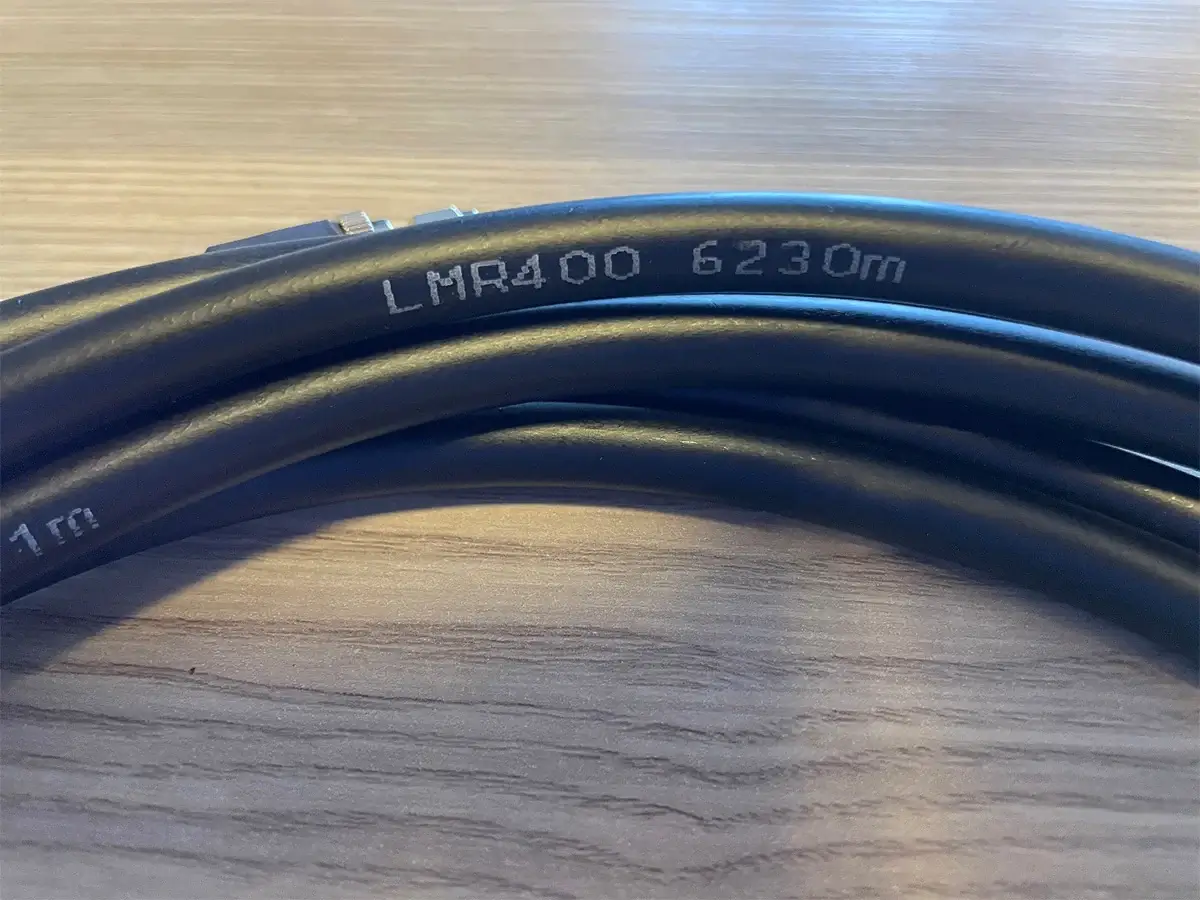See this video where Kevin Moyher, Senior Product Manager, discusses LMR products and how to determine that it is a true TMS cable.
LMR is a broadband cable. It’s optimized for both loss and ruggedness. It’s a non -kinking cable. It was originally designed to meet a need between the corrugated cables that are out there that are very stiff, very difficult to work with, very costly connectors and tools that go along with that.
The LMR is our brand name, our trademark. You know, we protect that. If you don’t see LMR on the cable, the registered trademark, it’s not LMR product.
On our cable, we’ll print actually our name, our phone number, our government cage code, the LMR trademark on every LMR cable that we make. Because it’s so popular, because the construction is so popular, we see lots of people that are looking to copy that or try to clone the cable.
Kevin Moyher, Senior Product Manager, Times Microwave Systems.
Times’ LMR products have been tested and proven in the field for many years. LMR cables offer very low loss and excellent flexibility. Their easy termination, UV and weather resistance contribute a great deal of reliability. In turn, customers have come to trust the quality.
Some companies try to capitalize on Times’ reputation for high quality by illegally appropriating the LMR designation on their products and literature, tricking buyers into unknowingly purchasing substandard products. Clones or counterfeit components are often the culprits when the RF system fails.
Using inferior components can be costly, and system failure can be devastating – especially in mission-critical applications and environments. If a low-smoke, zero-halogen cable fails to meet UL standards for emissions, the cost might be human lives.

Besides obvious safety concerns, there is a considerable cost to buying clones and fakes. Spending more to repair damage and replace faulty components can far exceed the component price savings. Labor costs for reinstallation alone can add up.
LMR assemblies from Times Microwave are specially engineered to meet the performance requirements of the most challenging applications.
There are two types of deception:
The best defense against fakes and clones is to work directly with a quality original equipment manufacturer (OEM) and their authorized distributors to be sure to buy genuine, tested and proven products to meet the standards needed for optimal performance.

Information obtained from the article “Cable assemblies: The real cost of fakes and clones”, written by Jean-Pierre Joosting at eeNews Wireless. | https://bit.ly/3pw99Cd